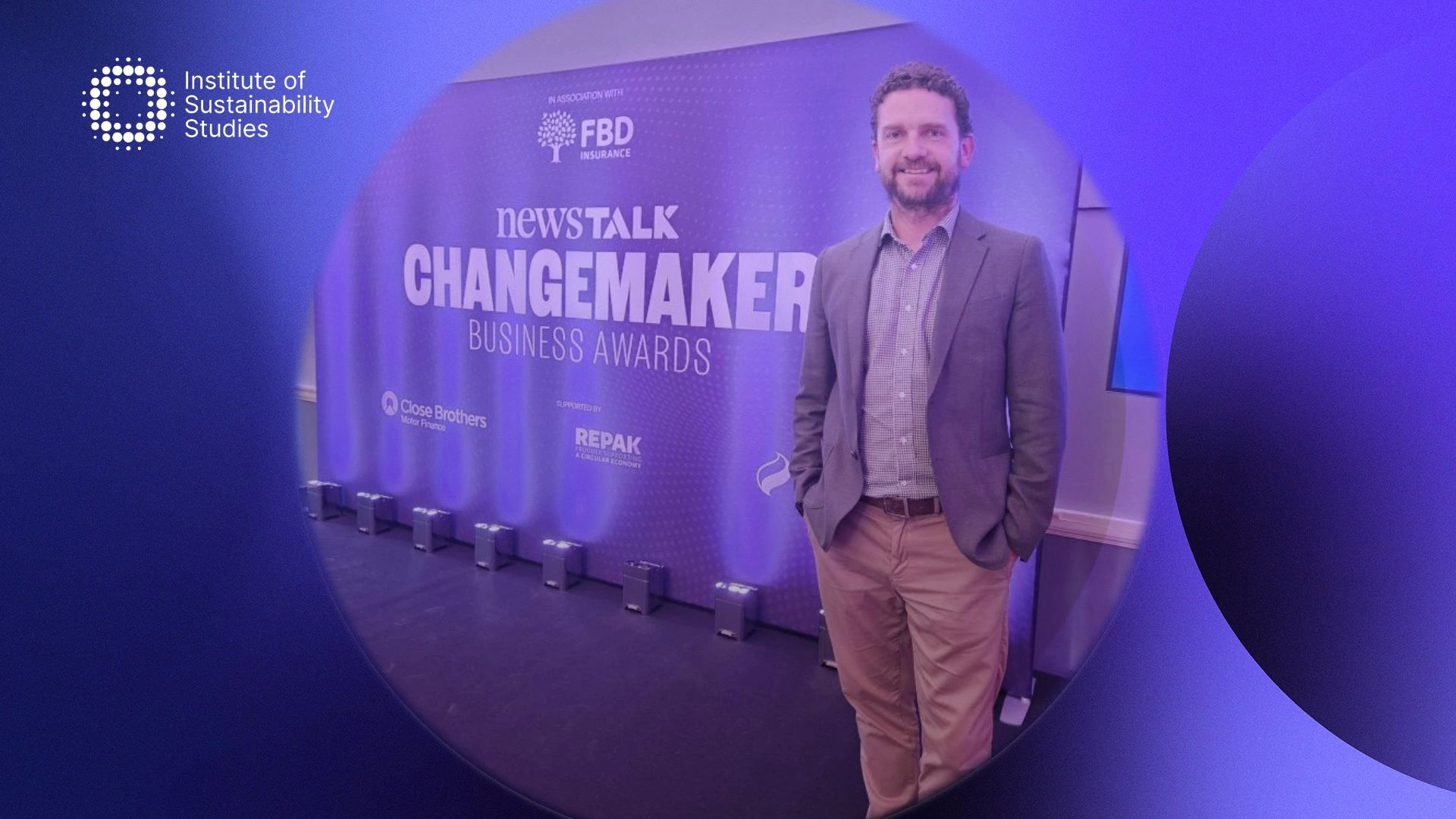Virgin Atlantic, one of Britain’s major international airlines, has won a competition to receive UK Government funding to initiate the first-ever net-zero transatlantic flight, marking a significant milestone in environmental sustainability. The flight will take off from the UK in late 2023, powered by sustainable aviation fuel (SAF).
Their flagship Boeing 787, which is powered by Rolls-Royce Trent 1000 engines, will depart from London Heathrow and journey to New York’s John F Kennedy Airport. This journey is popular among families and individuals for both business and leisure each week. However, this journey will be very unique.
How will the flight be net zero?
Aviation remains one of the most challenging sectors to decarbonise. Without urgent collective action, it could become the highest emitting sector for greenhouse gases by 2050. SAF has many benefits and is key in our decarbonising efforts.
Through its life cycle, it reduces greenhouse gas emissions by up to 80 percent compared to fossil jet fuel, according to Neste. The reason it can be used as a direct replacement for fossil jet fuel is that it is so chemically similar. This means SAF is compatible with existing fueling infrastructure and jet engines. Therefore, no additional investment into them is required.
The flight from London is predicted to be fuelled by SAF, made primarily from waste fats and oils, like cooking oil. Using 100 percent SAF on the flight and using biochar credits to remove carbon emissions from the atmosphere is what will make it net zero. Biochar credits are a material that traps and stores carbon in the atmosphere.
SAF is essential to decarbonising aviation. Moreover, it can boost the economy by creating a UK industry with a yearly turnover of £2.4 billion by 2040. This would support up to 5,200 UK jobs by 2035. In order to decrease the chances of the aviation industry becoming one of the highest-emitting sectors, governments need to take action too.
What is the UK Government doing to push for a net zero transition?
In July 2022, the government published the Jet Zero strategy, which lays out the UK’s approach to decarbonising the industry. This approach also champions SAF as a main tool for achieving Jet Zero. In saying that, there are still some challenges that need to be addressed. In particular, the requirement to scale up SAF production and the existing limit on how much SAF can be added to jet engines because of the current fuel specifications.
Right now, only a maximum of 50 percent of SAF can be used in commercial jet engines. Using 100 percent SAF will show the potential there is to decarbonise long-haul routes and bring us that much closer to making flights net zero. Some other challenges that prevent a greater uptake in SAF include technology risk at the commercial scale, higher fuel production costs, and feedstock availability.
However, the government is working to address these and set up the UK as the global leader in the development, use, and production of SAF. This will allow them to make huge progress toward net-zero flying and, as a result, create thousands of green jobs. They will be introducing a SAF mandate requiring a minimum of 10 percent jet fuel to be made from sustainable sources by 2030.
Investments will also be continued to be made in the SAF industry through the £165 million advanced fuels fund. They will, too, be collaborating with inventors and the industry to comprehend how to secure long-term investment for the sector. To better understand what achieving net zero means across sectors and how to implement effective decarbonisation strategies, enrol in our Certificate in Decarbonisation: Achieving Net Zero course and equip yourself with the knowledge to lead climate action.










